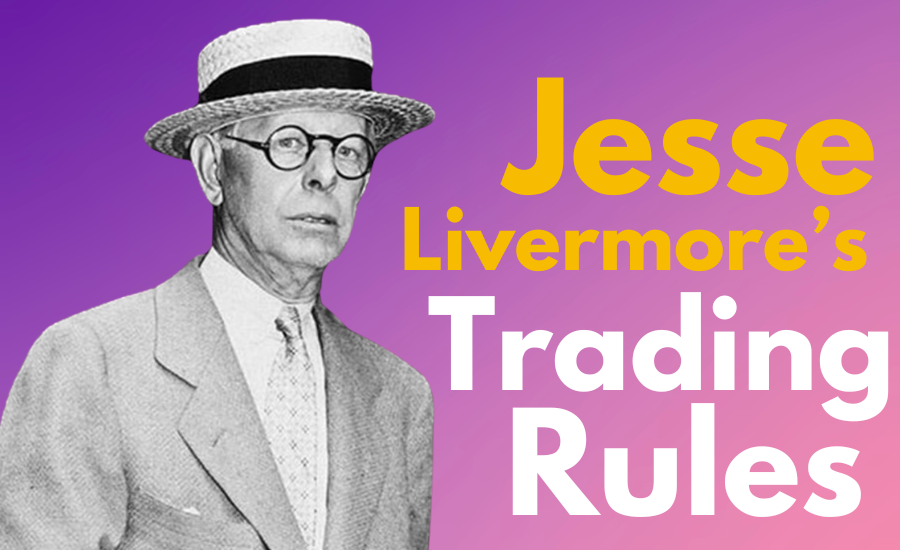In the ever-evolving landscape of online trading, selecting the right forex broker is a pivotal decision that can significantly impact your success in the financial markets. From fees and regulatory compliance to trading platforms and customer support, there are numerous factors to consider when making this critical choice. In this guide, we’ll delve into the essential aspects you need to weigh, ensuring you make an informed decision that aligns with your trading goals. Let’s start by defining what a Broker is.
What is a Broker ?
A broker, is a financial entity or individual that facilitates transactions between buyers and sellers in financial markets. The primary role of a broker is to serve as an intermediary, allowing investors to buy or sell financial instruments such as stocks, currencies, commodities, bonds, options, and other financial products.
What to consider when choosing a broker?
The first thing to check is the availability of the broker in your country, some brokers limit access to their services to certain countries, Once this preliminary step is complete, numerous other factors warrant attention before finalizing the decision to open a broker account. Below, we outline what we deem to be the most pivotal considerations:
1. Regulatory Compliance:
The importance consideration when choosing a broker is ensuring they are regulated by a reputable financial authority. Regulatory bodies such as the SEC (U.S.), FCA (UK), ASIC (Australia), and others impose strict standards on brokers, safeguarding traders from fraudulent activities. Verify the broker’s regulatory status to ensure your funds are secure and the platform operates ethically.
2. Trading Instruments:
Evaluate the range of trading instruments offered by the broker. Whether you’re interested in stocks, forex, commodities, or cryptocurrencies, the availability of diverse assets is crucial. A broker with a broad selection allows you to diversify your portfolio and capitalize on various market opportunities.
3. Fees and Commissions:
Understand the fee structure of the broker, including spreads, commissions, and overnight financing charges. Low trading costs can significantly impact your profitability in the long run. Be aware of any hidden fees and compare the cost structure across different brokers to find the most competitive option.
4. Trading Platforms:
The trading platform is your gateway to the markets, so it’s imperative to choose one that aligns with your preferences. Consider factors such as user-friendliness, advanced charting tools, technical analysis capabilities, and mobile accessibility. Many brokers offer demo accounts, allowing you to test their platforms before committing.
5. Leverage and Margin:
Examine the broker’s leverage offerings and margin requirements. While leverage can amplify potential profits, it also increases risk. Choose a broker that provides suitable leverage options based on your risk tolerance and trading strategy.
6. Account Types:
Brokers often offer different account types with varying features. Assess your trading style and preferences to determine which account type best suits your needs. Some brokers provide specialized accounts for beginners, while others cater to experienced traders with advanced features.
7. Customer Support:
A broker’s customer support is a critical aspect that cannot be overstated. In the fast-paced world of trading, timely and effective support can make a significant difference. Test the broker’s customer service through various channels and assess their availability during different market hours. Look for brokers with multilingual support if you are trading in a language other than English.
8. Educational Resources:
A broker committed to its clients’ success will offer educational resources such as webinars, tutorials, and market analysis. These materials can enhance your trading knowledge and skills, making it essential to choose a broker with a robust educational platform.
9. Deposit Options:
Consider the deposit options offered by the broker. A reputable broker should provide a variety of convenient and secure deposit methods. Ensure that the available options align with your preferences and geographical location. Common deposit methods include bank transfers, credit/debit cards, and e-wallets.
Choosing the right broker is a pivotal step in your trading journey. By thoroughly evaluating regulatory compliance, trading instruments, fees, platforms, leverage, account types, customer support, educational resources, and deposit options, you can make an informed decision that aligns with your unique trading objectives. Take the time to research and compare brokers, ensuring you embark on your trading endeavors with a reliable and supportive partner by your side.
Thanks for reading.




